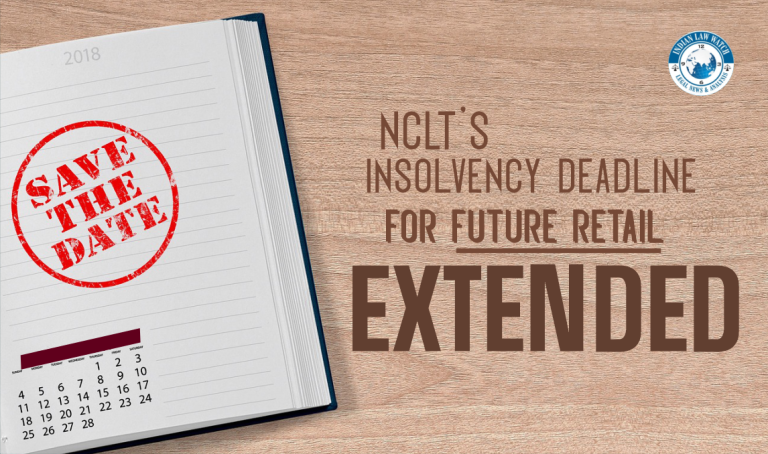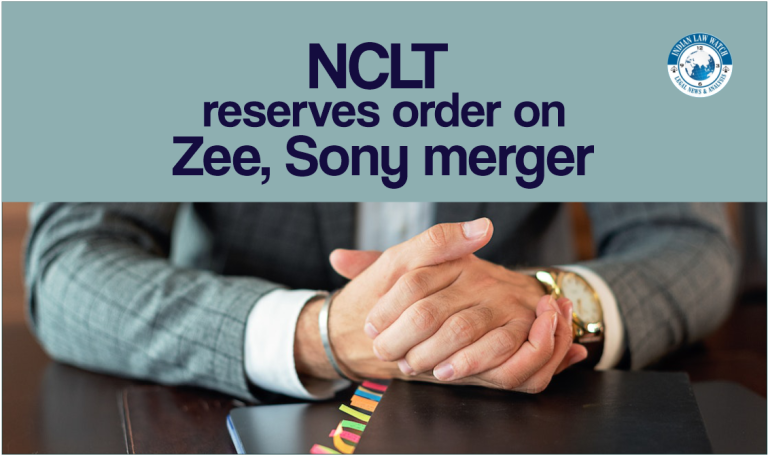

The comments from former SC Judge come at a time when edtech companies in India, including some of the biggest have come under fire for allegedly mis-selling and over-selling of courses and subscriptions
The Independent Grievance Review Board (IGRB) of the Indian Edtech Consortium (IEC), a self-regulatory body for Indian edtech companies, is working constantly to streamline advertising and marketing guidelines for edtech companies to safeguard consumers’ interests amid rising complaints of mis-selling and over-selling, according to its chairperson Dr Justice BS Chauhan, former Judge, Supreme Court of India.
The Board advises edtech companies to avoid using ambiguous language in advertisements, Chauhan told Moneycontrol in a virtual interaction. The IEC and the IGRB have also issued a code of conduct for advertising and marketing that edtech companies need to follow, Chauhan said.
The code of conduct includes points like ethical and fair advertisements, no misrepresentation or overstating of outcomes, among other things, Chauhan, who was also former Chairman, Law Commission of India, told Moneycontrol.
“Anybody can make an allegation today saying you have done misrepresentation of this, you have committed fraud, you have cheated us and so on,” said Chauhan.
“If the consortium finds that the language of the ad is ambiguous, it may not be necessarily misleading, there might be no misrepresentation, sometimes they put ambiguous language, which is capable of two or three interpretations, so we advise them to not do it. We tell them to put it (advertisement) in plain and simple language,” Chauhan added.

-
“If the consortium finds that the language of the ad is ambiguous, it may not be necessarily misleading, there might be no misrepresentation, sometimes they put ambiguous language, which is capable of two or three interpretations, so we advise them to not do it. We tell them to put it (advertisement) in plain and simple language,” Chauhan added.
-
He said that any complaint that comes to the IGRB is resolved in ‘not more than 15 days’ and the IGRB holds power to take suitable action against the member edtech companies depending on the complaint filed by users.
-
“If a consumer comes to us, his or her issue is addressed quickly. This isn’t the case with them if they go to a court. The matter takes days and months if they go to the court. Secondly, coming to IGRB is cost-effective as the complainant does not have to bear any cost, while if he or she goes to the court, they will have to pay high fees to lawyers,” Chauhan said, explaining the advantages of filing a complaint with the IEC.
-
Chauhan’s comments come at a time when edtech companies in India, including some of the biggest, have come under fire for allegedly mis-selling and over-selling of courses and subscriptions. The country’s largest edtech companies, including Byju’s-owned Great Learning, Unacademy’s job guarantee vertical Relevel, Byju’s core business have come under fire for unfulfilled promises.
-
To be sure, the pandemic years were a shot in the arm for edtech companies in the country as students and learners were compelled to shift to online learning amid stay-at-home restrictions enforced by state and central governments to curb the spread of the contagious Covid-19 disease. Many edtech companies boosted their sales engines to capitalise on the rising demand, and consequently, consumer complaints started rising.
-
“Edtech as the concept is a good thing. There’s no problem with that. Problem is with companies misrepresenting something or even withholding certan information that can lead to misunderstanding and they need to be very careful about that,” Chauhan said.
-
For instance, Great Learning allegedly misled learners by selling a Continuing Education and Quality Improvement Programme (CE&QIP) offered by IIT-B as a PGP (post-graduate programme). However, the IEC’s IGRB had later dismissed the case. Chauhan said that since Great Learning, in its brochure, had issued a copy of the certificate, the learners didn’t actually stand a chance to go against the company.
-
“But we still advised the service provider (Great Learning) to not leave any room for misunderstanding or misconception and told them to make it very clear,” said Chauhan.
-
Earlier this week, Consumer Affairs Secretary Rohit Kumar Singh met members of the IEC in New Delhi in a closed-room meeting to review the progress made by the self-regulatory body in resolving consumer complaints, Moneycontrol reported.
-
The Consumer Affairs Secretary agreed to support IEC to constitute a joint working group for laying down advertising guidelines to sanitise the edtech ecosystem, Internet and Mobile Association of India (IAMAI), under which the IEC is set up, said in a statement on November 21.
-
Currently, IEC comprises Indian edtech companies and represents 95 percent of the Indian learner community, IAMAI said. The meeting also saw participation from other edtech companies including Unacademy, Times Professional Learning and Great Learning, along with Byju’s and upGrad.
The IEC members also presented a report highlighting the efficacy of the 2-tier grievance redressal and IGRB, which claimed to be successful in resolving 99 percent of the complaints raised in the last 10 months, IAMAI said.
Source: MoneyControl





